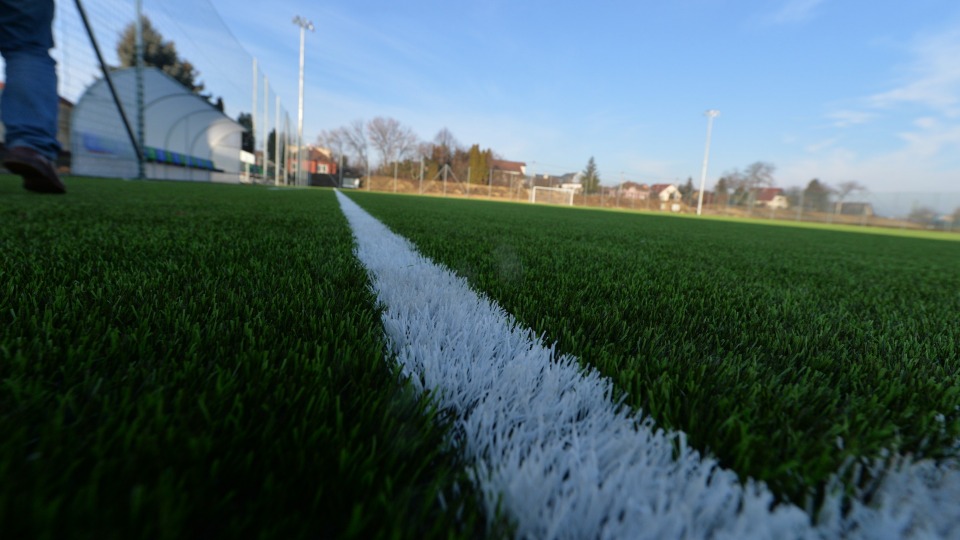Good news for Budapest's amateur footballers!

The amateur footballing public of Budapest have been enriched by more than a dozen new football pitches, thanks to the first phase of the Budapest Pitch Development Programme. Amateur youth, senior, old boys and women’s teams will be the beneficiaries of the 1.2 billion forint investment, as will every football-loving inhabitant of the city who partakes in sport in their free time.
A quarter of all registered footballers in Hungary are from Budapest but only 6% of the pitches fit for use in the country can be found in the capital. The huge number of youth and amateur teams operating in Budapest are currently forced to share far too few pitches which are overused, a result of which is that pitch rental fees are exceedingly high. It was due to these reasons that the Hungarian Football Federation initiated the Budapest Pitch Development Program. The government decision which facilitated the commencement of the program was made in July 2016, in part to renovate existing old, neglected pitches and those without sufficient changing facilities, and also to build new full-size pitches.
The Hungarian government made a decision last Thursday on the approximate five billion forints required for the first phase of the programme. Pitches renovated under the Budapest Pitch Development Programme and new facilities due to be built will ensure there is an opportunity for thousands of Budapest children and amateur footballers to participate in sport in the future, as well as aid the inhabitants of Budapest in leading a healthy lifestyle.
The first phase of the Budapest Pitch Development Programme coordinated by the Hungarian Football Federation and the Budapest Directorate is approaching its conclusion. Pitches at Rákosmente, Kőolaj in the XVIII district, Újak utca in the XVII district, Sikert utca in the X district, Rákospalotai Ifjúsági és Sporttábor in the XV district, the Malév pitch in Pestszentlőrinc and the ESMTK ground in Pesterzsébet have all received new grass or artificial surfaces and, in some cases, floodlighting too, whilst work at the Pénzügyőr sports ground on Kőér utca in the X district will begin in early 2018.
This represents an important milestone in the sporting life of Budapest since for decades the news has been about pitches closing down. There were 273 football pitches in Budapest in the 1950s, but by 2011 this number had fallen below 110. Initially it was the empty plots of land or 'grund' that were built upon following World War II, whereas the second wave of closures can be attributed to the regime change which saw state firms in financial trouble sell off their valuable real estate where, until then, football had been played, so that within a matter of years there were petrol stations, houses and shopping centres where pitches had once stood.
The Budapest Pitch Development Programme is aimed at stopping this tendency and preventing any more pitches from being closed, as well as upgrading those that need it. Owners only need to bear 10% of the investment cost. By 2020, it is hoped that most districts in the capital will have newly renovated or new facilities, thus returning to the amateur sporting public of the capital the opportunity of regular sporting activity.







